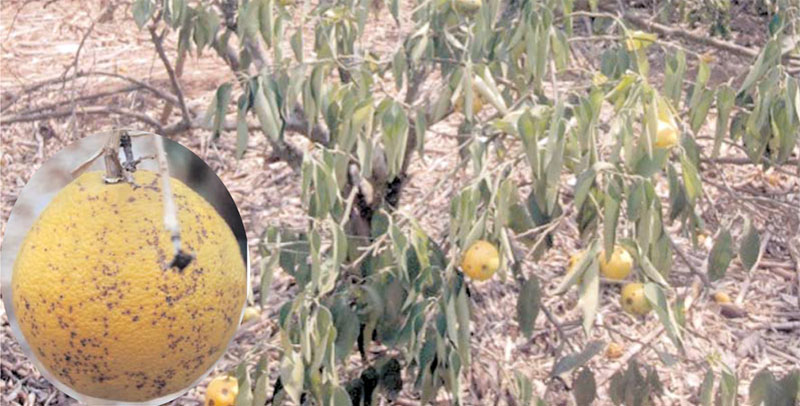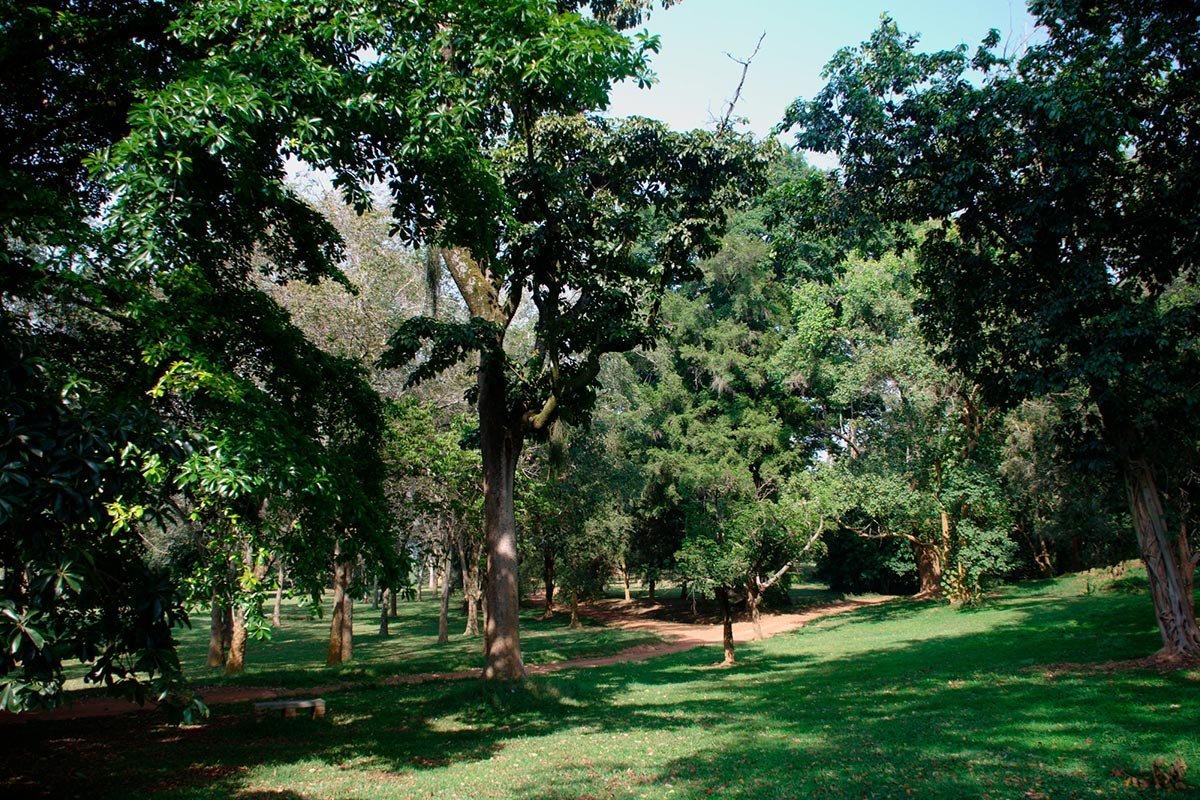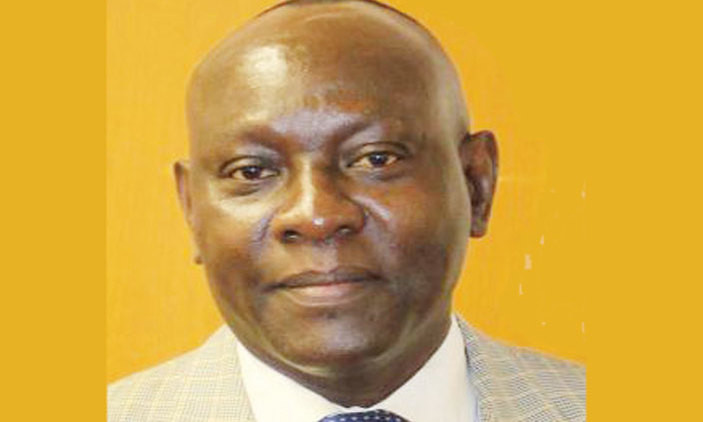This week, Uganda office held its annual open day at the National Agricultural Research Laboratories (NARL) at Kawanda.
Vegetable farmers from Nakaseke and Wakiso mingled with Citrus growers from Teso sub-region and agricultural scientists to share their experiences about the work done by the Korean programme as well as lingering challenges to their vocations.
It was a meeting which Dr. Shim Hongsik, the Director of Kopia said was meant to evaluate the their efforts of improving the livelihoods of Uganda’s peasant farmers through dissemination of low input technologies for sustainable production.
And the testimonies by farmer participants about KOPIA’s work were a resounding success that has not only gone to restore hope among farmers and helped to revive Citrus production in Teso suggests but also provided greater hope for the region to become the Citrus hub in East Africa.
As Janet Alaso, a citrus farmer from Ngora sub-county in Serere district remarked, only a year ago, her farm was a pitiful collection of diseased citrus trees. The leaves as well as the fruits had become yellow not because they had matured but because they had been struck by disease.
Thanks to a collaboration between KOPIA and NARL researchers, a team of experts was dispatched to Teso sub-region to evaluate the problem. As Dr. John Adriko, the NARL researcher recounted, they met with distraught farmers who were pondering cutting down the trees for firewood.
“We found that most orchards had been attacked by a number of bacterial and fungal diseases such as Pseudocercospora and leaf spot that were causing the trees to die off,” recalls Dr. Adriko.
Farmers were so desperate on how to manage the problems that some had resorted to using a cocktail of chemicals purchased from the market and sometimes mixed with motor vehicle lubricants to try to manage the diseases.
But as Adriko and team found out, the problem largely arose from the farmers’ lack of understanding of the disease problems but also due to poor hygiene practices by the farmers.
Having diagnosed the fields, researchers identified the major diseases and set about devising the best management practices including improving hygiene in orchards as well as spraying chemicals depending on the diseases that were identified.
If testimonies by all three of the farmers’ representatives is anything to go by, the interventions by Kopia have rescued the orchards that were dying.
Janet Alaso told the meeting that after KOPIA’s intervention, her citrus trees have recovered so well that they are able to yield as much as three bags each per season.
“Before, buyers would give us any price because our fruits were diseased. Now we dictate the price of our citrus,” Alaso proudly said.
Alaso’s tale of a remarkable change in fortunes was shared by her colleagues who united under the Teso Tropical Fruit Cooperative Union (TEFCU) Ltd.
Although KOPIA has demonstrated the ways of combating some of the diseases affecting citrus, it is clear other players especially the government and the farmers have a bigger task at the moment to scale up the interventions to reach all citrus farmers in the sub-region.
Although the interventions by KOPIA offer hope and wisdom to farmers on addressing the pervasive diseases, they are no where near solving the multitudes of challenges facing citrus farmers in the country.
As Faucet Ekipu, a member of TEFCU noted, citrus production is further hampered by lack of water for irrigation, lack of motorised pumps to be able to spray big trees and disease-free planting materials.
These will have to be addressed sooner rather than later if the fruit processing plant that has been set up in Soroti has any chances of operating sustainably. Built with a US$7.4m grant by the government of Korea under its Korea International Aid Agency (KOICA), the fruit processing plant will require substantial amounts of raw fruits to be able to meet the 120 metric tons of processed fruits.
As President Museveni observed at the launch of the factory in September 2014, the region’s estimated 7 million citrus trees, when at peak production, can only meet a quarter of the plant’s capacity.









